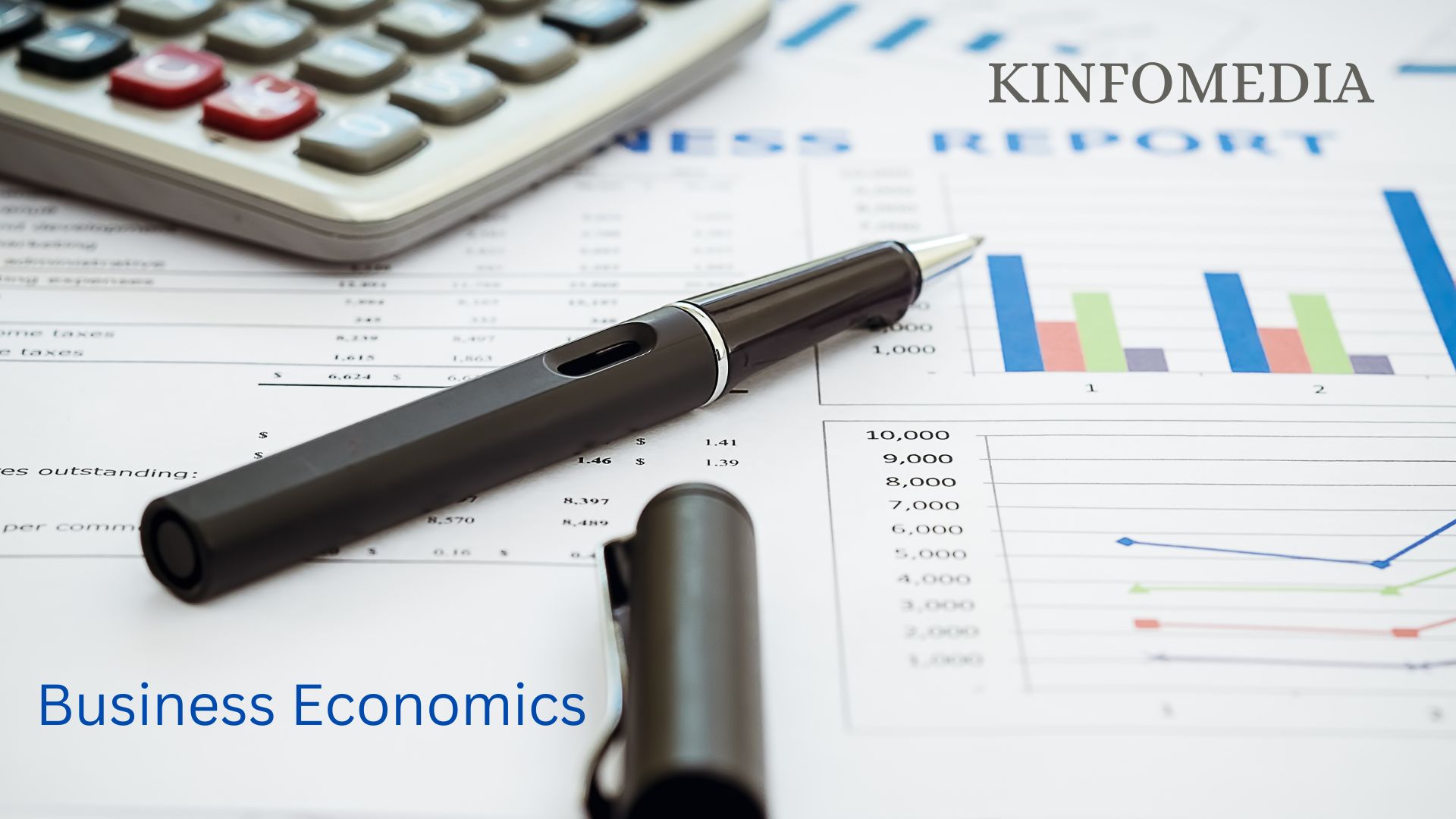Business Economics: In the dynamic world of business, understanding the principles of economics is crucial for making informed decisions. Business economic blends economic theory with business practices, helping managers navigate complex environments and create strategies that optimize resource allocation, enhance profitability, and ensure sustainable growth. This blog will explore key concepts in business economics and their real-world applications.
What is Business Economics?
- Business economics:, also known as managerial economics, is the study of how businesses manage their resources in the face of challenges like scarcity, competition, and market dynamics. It combines microeconomic and macroeconomic principles to assist in decision-making processes. It helps organizations optimize their operations, pricing, production, and investment strategies.
- The Role of Demand and Supply At the heart of business economics is the relationship between demand and supply. Understanding how demand shifts in response to price changes and how supply constraints can impact production decisions is essential for any business. Business economics provides tools such as elasticity of demand to predict consumer responses and determine the optimal price point for goods and services.
- Cost Analysis and Pricing Strategies Effective pricing strategies are key to profitability. Business economics offers various tools for cost analysis, including fixed costs, variable costs, and total costs. By analyzing these factors, businesses can set competitive prices, maximize margins, and decide the level of production that minimizes costs and maximizes output.
- Market Structures and Competition The structure of the market in which a business operates—whether it’s a perfect competition, monopolistic competition, oligopoly, or monopoly—has significant implications for pricing, production, and competitive strategies. Business economics helps companies assess their market position and adapt their business models accordingly.
- Risk and Uncertainty in Business In every business decision, there is an element of risk and uncertainty. Business economics provides a framework for understanding these risks, assessing potential outcomes, and applying strategies like diversification, hedging, or risk-sharing to minimize negative impacts on business performance.
- The Role of Government and External Factors Business operations do not exist in a vacuum. Government policies, economic trends, inflation rates, and exchange rate fluctuations can all impact business strategy. Business economy helps companies navigate these external forces, ensuring that they are prepared to adapt to changing regulatory or economic environments.
- Strategic Decision-Making A key application of business economics is in strategic decision-making. Managers use economic theories to determine long-term goals, investment opportunities, and operational improvements. For example, capital budgeting techniques, such as Net Present Value (NPV) and Internal Rate of Return (IRR), help businesses evaluate potential investments and assess the value of future projects.






Leave a Reply